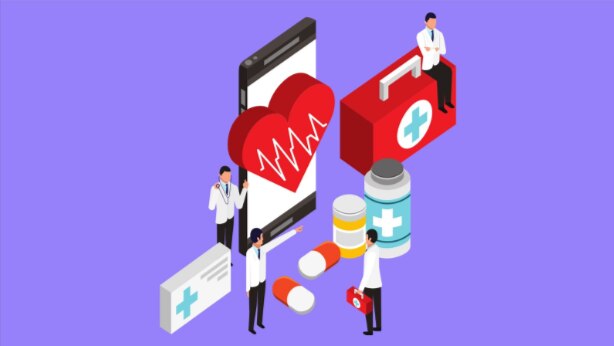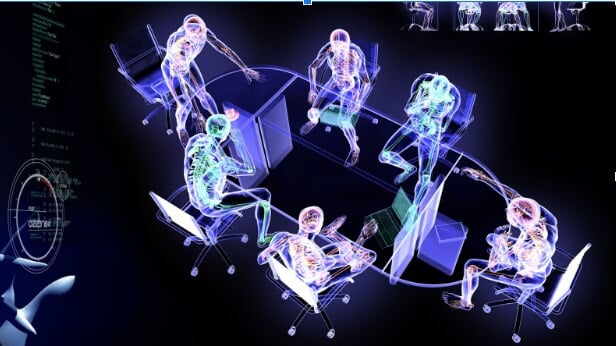I still remember the first time I saw a telemedicine session in action. I was in Silicon Valley, working with a team to implement a digital health pilot project. As I watched a doctor on a screen, thousands of miles away, advise a patient about her diabetes management, I felt a sense of awe. It was as if I was witnessing the future of healthcare unfold before my eyes. That experience sparked a passion in me for digital transformation, especially in healthcare.
Smart Solutions – The Need of the Hour
Healthcare, as an industry, has been ripe for a digital overhaul for quite some time. From electronic health records to remote patient monitoring systems, technology has been steadily infiltrating this sector . And why not? With the potential to revolutionise patient care, smart solutions are not just desirable, they are essential.
It is my firm belief that digital health technologies have the potential to revolutionise healthcare delivery. Telemedicine, mobile health apps, wearable devices, and even artificial intelligence can provide care more efficiently, enhance patient engagement, and ultimately, improve health outcomes. This is not just conjecture, but a reality that I have observed first hand.
Collaboration – The Key to Success
Interoperability, the ability for systems and technologies to communicate and exchange data, is a crucial component of this transformation. Without it, the efficiency and effectiveness of digital health solutions are drastically reduced. In my experience, promoting interoperability and enhancing data analytics capabilities can lead to coordinated care, reduced medical errors, and even facilitate data-driven decision making.
Now, collaboration isn’t just about technology. It’s about people, too. I’ve seen how powerful it can be when hospitals, physicians, insurance companies, government agencies, technology companies, and patients come together to share data, resources, and best practices. It’s about creating a healthcare ecosystem where everyone works together for the greater good.
A Personal Connection
One of my favourite quotes that I often share with my clients is “In the middle of difficulty lies opportunity” – Albert Einstein. This quote resonates with me deeply as it encapsulates the essence of the digital transformation journey. It’s not going to be easy, but the rewards are monumental.
Empowering Patients
In all of this, we cannot forget the most important stakeholder – the patient. In my opinion, the shift to patient-centred care models, where patients are actively involved in their own care, is one of the most impactful aspects of digital transformation in healthcare. I’ve seen how providing patients with access to their health information and involving them in decision-making processes can lead to better outcomes and higher satisfaction levels.
The Road Ahead
Overall, the journey towards a digitally empowered healthcare ecosystem is fraught with challenges. Healthcare workers are under tremendous pressure to provide high-quality care amidst a rapidly evolving technological landscape. However, I believe that with the right investment in health IT infrastructure, continuous education, and a culture of innovation, we can provide much-needed relief to these hard-working individuals.
In closing, the digital industry is a behemoth, with far-reaching impacts across all sectors. The potential of digital transformation in healthcare is vast and powerful. As we leverage technology to improve patient outcomes and enhance healthcare delivery, we are truly ushering in a new era of smart solutions.
Did you know that according to a report by Accenture, 77% of patients are willing to use virtual healthcare services? This goes to show that the appetite for digital health solutions is strong, and growing every day. We, as digital transformation experts, have a mammoth task ahead of us. But, as I like to say, “The bigger the challenge, the bigger the opportunity for growth”.
Here’s to the future of healthcare.







